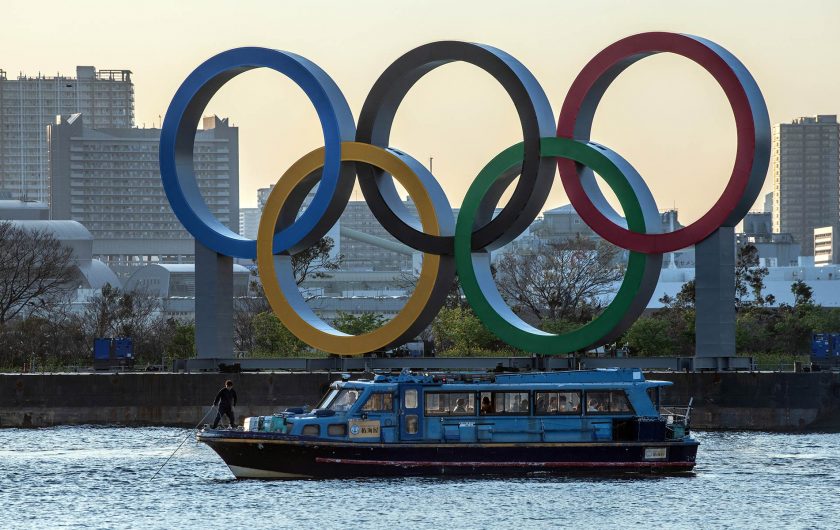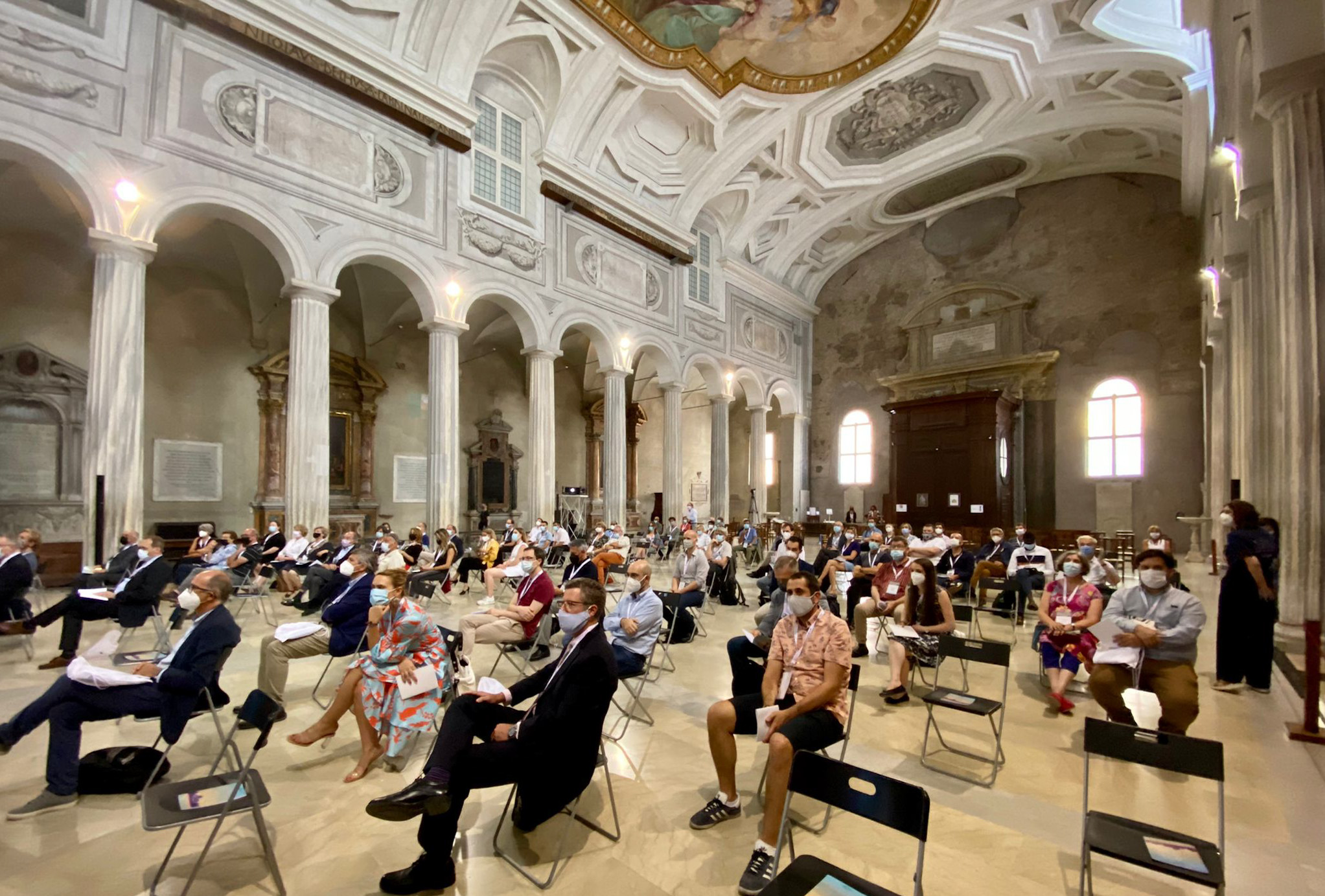ON JULY 23 the world will be tuning into the opening ceremony of the Tokyo Olympics – that’s mainly because the International Olympics Committee and sponsors usually get their way thanks to the modern-day martial art of lobbying.
Athletes and their fans will of course be looking on in anticipation, but the event will also crystalise years of effort by Tokyo’s destination marketing teams. The same will be the case for Beijing’s hosting of the Winter Olympics next February and yet another eye-raising event for Hong Kong the following November with the Gay Games.
As Covid hopefully fades and travel restrictions ease, we may well be looking at 2022 as the year of cancel-call culture and boycott brouhaha when it comes to large-scale international events. It’s something that Tokyo knows too well.
More… Gold glimmers at end of HK Gay Games rainbow
Ordeals such as postponement, polls showing opposition to the Tokyo Olympics and emergency lockdowns weighed heavily on the capital’s convention bureau. Without diminishing the monumental impact of Covid, Business Events Tokyo has previously faced challenges that would have forced other cities pull the plug entirely on Olympic ambitions.
Before Tokyo was named host city of the 2021 (now 2022) Summer Olympics Japan and the world were rocked by a catastrophe at the Fukushima nuclear plant in 2011. Months later the world’s foremost association for architects made practical their solidarity with Japanese colleagues by bringing UIA 2011 to Tokyo.
Another business event triumph followed when Tokyo hosted the IMF/World Bank annual meetings in 2012. Not only was it a feather in the cap for Tokyo Convention Bureau, but the city also showed its ability to operate large-scale gatherings safely and efficiently. Another good reason for the Games to go ahead and one that outweighs pressure from sponsors.
More… Pico’s TBA in race for Tokyo Olympics gold
When 2022 is upon us, however, we are likely to see pressure in the form of geopolitical bogeymen perpetuating the legend of Captain Boycott, whose name lives on today as an anti-Olympic sport.
Controversy continues to simmer in Hong Kong, but if a reactionary clique has its way it will be directed in 2022 towards the Gay Games in November, an international event welcomed by the city’s chief executive and set to feed HK$1 billion into the local economy thanks to an expected 87,000 participants.
More… Corporate-box suite clever at the HK Sevens
Cynics might suggest there is something politically shrewd in this official welcoming of the Gay Games to Hong Kong besides the rainbow dividend. Place a Chinese city’s tentative acceptance of diversity and inclusion against international calls to boycott the 2022 Beijing Winter Olympics over what is seen as China’s clampdowns in Hong Kong and Xinjiang.
Is cancel culture so flexible that boycotters can target one Chinese city and not the other? Expect that dilemma to come your way in smartphone chat groups and social media channels once Covid eases further and the world looks to events travel.
A big Hong Kong sporting event free of political controversy – apart from a smattering of colonial legacy – is the annual Sevens rugby weekend. It has been postponed to November and will be a litmus test for international extravaganzas returning to the city.
Tokyo’s experience has shown that big events in the post-Covid world will not be without their challenges. Let the Games begin.
Martin Donovan is the Editorial Director of MIX




David Andrews says:
I couldn’t agree more. Thanks for addressing this issue.